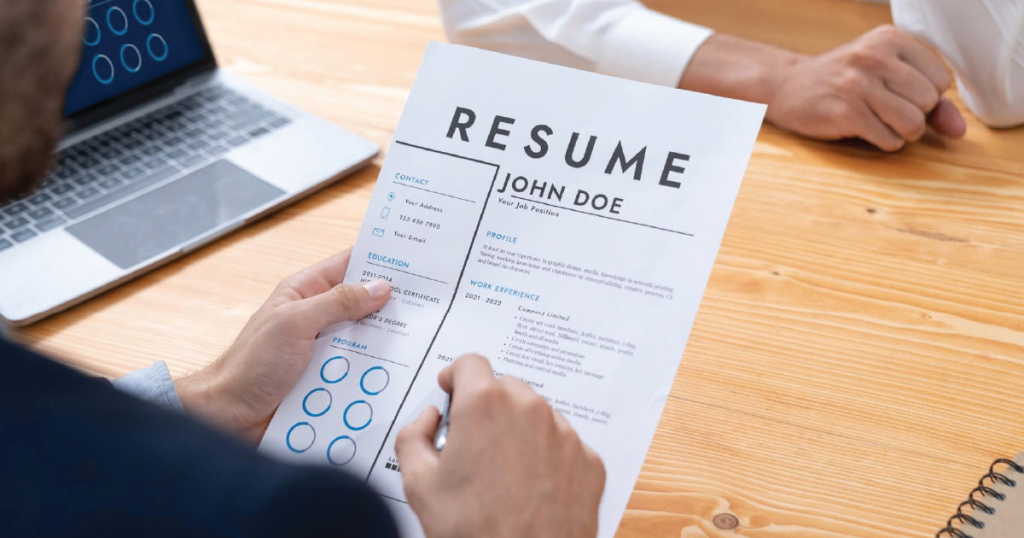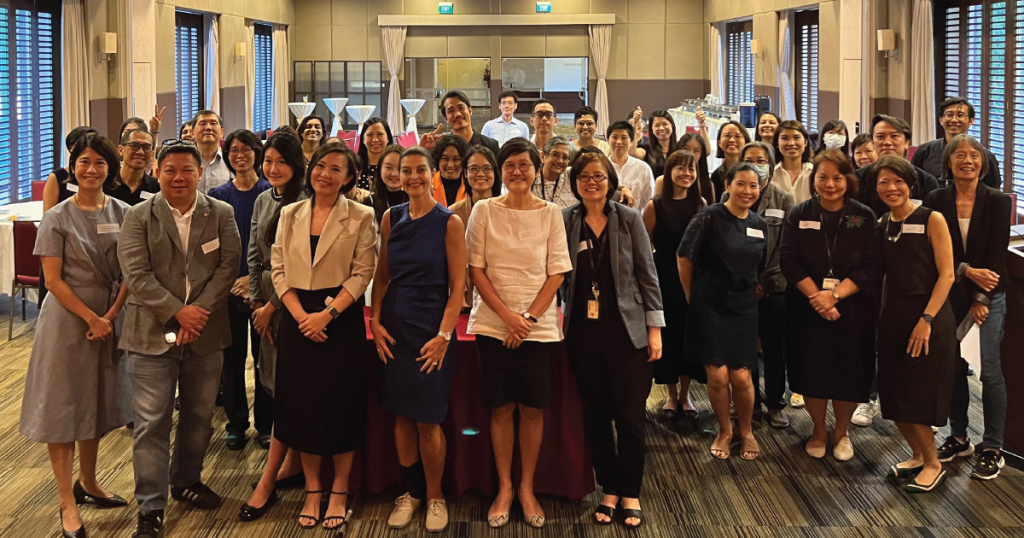
Transitioning towards a truly sustainable economy is one of the defining missions of our time as well as future generations. Above all, climate change is increasingly recognized as a threat multiplier, amplifying other factors such as inequality, poverty, rising unemployment and migration pressures. At the Adecco Group, we are convinced that moving toward a greener economy will require a range of new skills, investments and technologies to transform challenges into real growth opportunities and make the future work for everyone.
There’s no question that transformational change is required to mitigate and adapt to the impact of climate change. At the Adecco Group, we believe that one key element lies at the heart of transitioning to a truly sustainable economy – investing in reskilling and upskilling. Skills and the Green Economy have to shape each other.
To highlight this crucial role, we recently hosted our “Skills for the Green Economy” webinar, bringing together public and private stakeholders to discuss the important roles that policies play and share best practices. By embracing the need for investments into skills, all stakeholders can contribute to ensuring a fair transition towards the Green Economy, helping counter rising unemployment, poverty, and inequality.
Here are some of the key takeaways from our “Skills for the Green Economy” webinar, held on 14 April 2021:
Approaching the green transition needs to go hand-in-hand with reskilling and upskilling initiatives.
Skills gaps and shortages are already recognized as a major bottleneck in a number of sectors and industries, such as renewable energy, resource efficiency, construction and manufacturing. These gaps are particularly pronounced in developing countries. “Yet we are still significantly lacking a sense of focus and urgency in this respect. A good indication of this are the Nationally Determined Contributions (NDCs) – these show the efforts by each country to reduce national emissions and adapt to the impacts of climate change. According to a report of the International Labour Organization (ILO), less than 40% include any plans for skills training to support their implementation,” Karin Reiter, Global Head of Sustainability for The Adecco Group, said during the webinar. The failure to prepare the existing workforce for a green transition or adapt their skills accordingly will delay progress, and ultimately lead to a mismatch between jobs and skills.
That’s why it’s crucial to value the human-capital factor, Eva Maydell, a member of the European Parliament, said during the webinar. “People are the most valuable resource in the economy,” Maydell said. “When we speak about the Green and Digital transition, the underlying meaning should be to upskill and reskill citizens and to focus on education. Investing in skills means investing in the success of our economy — investing in a strong recovery for Europe.”
Eric-Mark Huitema, the Director General of the European Automobile Manufacturers’ Association (ACEA), said huge changes for European car manufacturers are at the forefront of the green transition. Reskilling and upskilling are absolutely critical if the European automotive industry wants to stay competitive, Huitema said.
While some elements may be specific to the green transition, the recipe to successfully mastering any momentous transition is quite similar, Menno Bart, Public Affairs Manager at the Adecco Group, pointed out: it’s about an investment in skills and employability, as well as proper career guidance and career management to support talent.
Connect green objectives with social objectives.
“Labour markets will see extreme changes in the coming decades”, said Brando Benifei, member of the European Parliament and Head of Delegation of the Italian S&D party. “It’s fundamental to maximise the positive impact of the transition toward a greener and securer economy by simultaneously developing skills, knowledge and competences.”
To Chiara Riondino, Head of Unit at the European Commission with a focus on vocational education and training, a joint approach is absolutely essential. “The transition to a greener future will have a positive effect on growth, employment and well-being, but the transition is not inclusive by default,” she said. “It will require decisive policy action.” According to Riondino, there is already an unprecedented amount of European Union funding available such as through the Recovery and Resilience fund.
In light of the urgency, all stakeholders have a shared responsibility in taking bold measures for us to succeed in this monumental mission.
To prepare for a shift towards green skills, there are number of actions stakeholders – governments, businesses, workers – can take to ensure a smoother transition and ready the labour market for the future. These steps include:
- Being proactive. Governments should keep labour markets adaptable and dynamic and incentivize employers to reskill their workforce by removing accounting obstacles and making it possible that investments in the workforce can be amortized. Employers should start mapping skills requirements and get reskilling and reemploying underway – now. And individuals need to take ownership of their own skillset and actively seek opportunities for skilling.
- Protecting skills not jobs. Policymakers should put in place active labour market policies instead of strict job legislation in order to protect skills. This includes programmes that ensure employability is a key focus of education systems. Employers on the other hand need to step up and play a more active role in informing workers about the risks to their jobs, identify what they need for future growth, and the opportunities that are available.
- Being inclusive. Governments should seek to find ways to bring people working in informality into the formal sector to achieve a system-wide transformation. Companies should offer a full range of training and development opportunities, including apprenticeships, technical and vocational education and training, as well as top-up training for mid-career workers.
At the Adecco Group, we are committed to playing our part and take action where we can have the biggest impact: partnering with our clients to deliver relevant services to facilitate the shift to a zero-carbon economy and committing to re- and upskilling 5 million workers by 2030.
This webinar built on the Adecco Group’s recently published “Skills for the Green Economy” whitepaper. Download the full paper now to read in more detail what governments, businesses and individuals can – and should – do to support the transition to a more sustainable economy, with concrete case studies from the highly impacted energy industry and the automotive sector.










